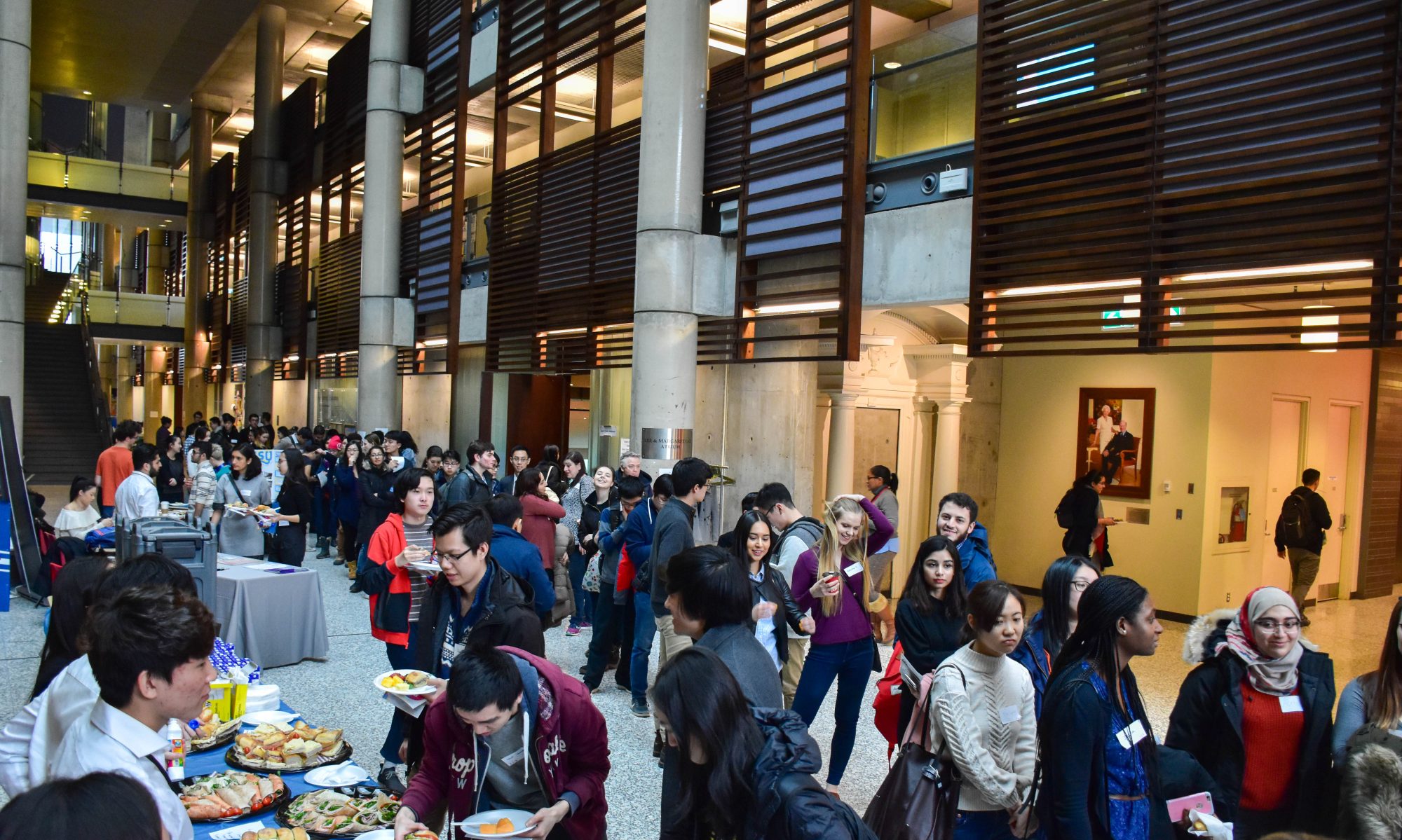Bone Marrow Transplant
Written by Iman Hassanally
Stem cell research applies to many different diseases and can be used as a treatment option to help cure different health conditions. For example, a bone marrow transplant can be used to cure many different diseases and types of cancer. Chemotherapy, a treatment often used to cure cancer may sometimes be too much for ones body to handle and can cause a person’s bone marrow stem cells to be permanently damaged or destroyed, thus the patient may then need a bone marrow transplant, also known as a stem cell transplant.
Bone marrow is soft tissue in the body that contains hematopoietic stem cells. Hematopoietic stem cells are also found in the blood that is moving throughout your body. When hematopoietic stem cells are damaged, they may not become red blood cells, white blood cells, and platelets. Red blood cells are crucial to carry oxygen throughout the human body, while white blood cells are part of your immune system and are important in fighting pathogens. Platelets are important in forming clots to prevent further bleeding.
A bone marrow transplant is a treatment that replaces one’s bone marrow with healthy cells. The healthy cells can come from ones own body or from a donor. A bone marrow transplant is also called a stem cell transplant or, more specifically, a hematopoietic stem cell transplant. Transplantation can be used to treat certain types of cancer, such as leukemia, myeloma, and lymphoma, and other blood and immune system diseases that affect the bone marrow. By having a bone marrow transplant, it restores your body’s ability to create the red blood cells, white blood cells and platelets it needs.
Bone marrow transplants have been used around the world to help cure different diseases, and has a promising success rate. More research and funding needs to go into studying this treatment option.
Sources:
What is a Bone Marrow Transplant (Stem Cell Transplant)? (2020, July 15). Retrieved from https://www.cancer.net/navigating-cancer-care/how-cancer-treated/bone-marrowstem-cell-transplantation/what-bone-marrow-transplant-stem-cell-transplant
Introduction to Stem Cell Research
Welcome to The Student Society for Stem Cell Research’s blog! We will be posting once every few weeks about stem cell research and how it can revolutionize the future of healthcare as well as be discussing events we have in the upcoming school year. This blog is a great opportunity for readers like yourselves to learn more about the up and coming field of stem cell research.
Stem cells are specialized human cells that are able to develop into many different cell types. They serve as a repair system for the human body. There are two main types of stem cells: embryonic stem cells and adult stem cells. Embryonic stem cells come from embryos that are three to five days old and are pluripotent, meaning they have the ability to divide into more stem cells or can become any type of cell in the body. On the other hand, adult stem cells are found in small numbers in most adult tissues such as bone marrow and fat. Previously, researchers believed that adult stem cells could create only similar types of cells. However, emerging evidence suggests that adult stem cells may be able to create various types of cells and can therefore be used more readily. Stem cell therapy is a continuously growing type of treatment as it has the ability to promote the repair response of the diseased, dysfunctional or injured tissues. It is the next chapter in organ transplantation as it uses cells instead of donor organs. Stem cell research has the ability to revolutionize the future of medicine. With more and more individuals pursing a career and their own research in this scientific field, stem cell therapy may have the ability to treat hundreds of different illnesses in the near future.
“Frequently Asked Questions about Stem Cell Research.” Mayo Clinic, Mayo Foundation for Medical Education and Research, 8 June 2019, www.mayoclinic.org/tests-procedures/bone-marrow-transplant/in-depth/stem-cells/art-20048117.
